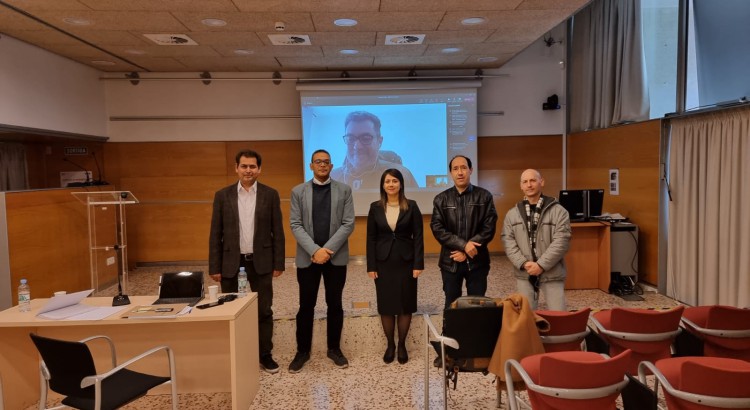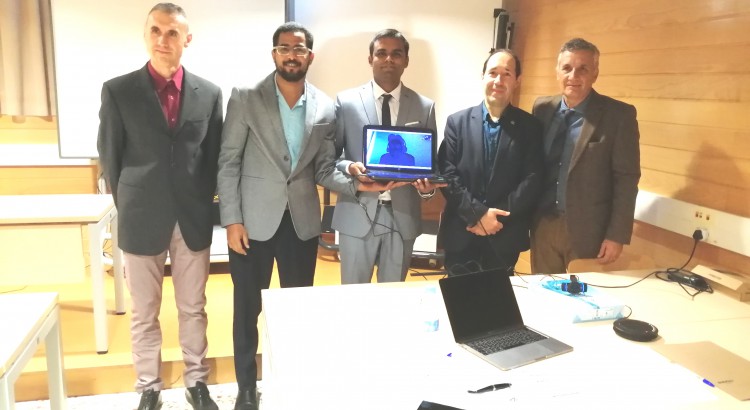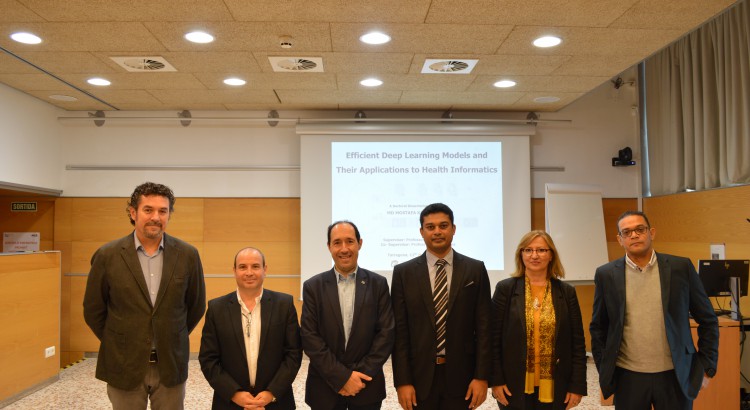ANALYZING THE BREAST TISSUE IN MAMMOGRAMS USING DEEP LEARNING
Abstract: Mammographic breast density (MBD) reflects the amount of fibroglandular area of breast tissue that appears white and shiny on mammograms, commonly known as percent breast density (PD%). MBD is a risk factor for breast cancer and a risk factor for masking tumors. However, accurate estimation of BMD with visual assessment remains a challenge due to poor contrast and significant variations in background adipose tissue in mammograms. In addition, the correct interpretation of mammography images requires highly trained medical experts: It is difficult, laborious, expensive and prone to errors. However, dense breast tissue can make breast cancer more difficult to identify and be associated with a higher risk of breast cancer. For example, women with high breast density compared to women with low breast density have been reported to have a four to six times greater risk of developing the disease. The main key to breast density computation and breast density classification is to correctly detect dense tissues in mammographic images. Many methods have been proposed to estimate breast density; however, most are not automated. In addition, they have been severely affected by low signal-to-noise ratio and density variability in appearance and texture. It would be more helpful to have a computer-aided diagnosis (CAD) system to help the doctor analyze and diagnose it automatically. The current development of deep learning methods motivates us to improve the current breast density analysis systems. The main focus of this thesis is to develop a system to automate breast density analysis (such as; Breast Density Segmentation (BDS), Breast Density Percentage (BDP) and Breast Density Classification ( BDC) ), using deep learning techniques and applying it to temporal mammograms after treatment to analyze breast density changes to find a dangerous and suspicious patient.


